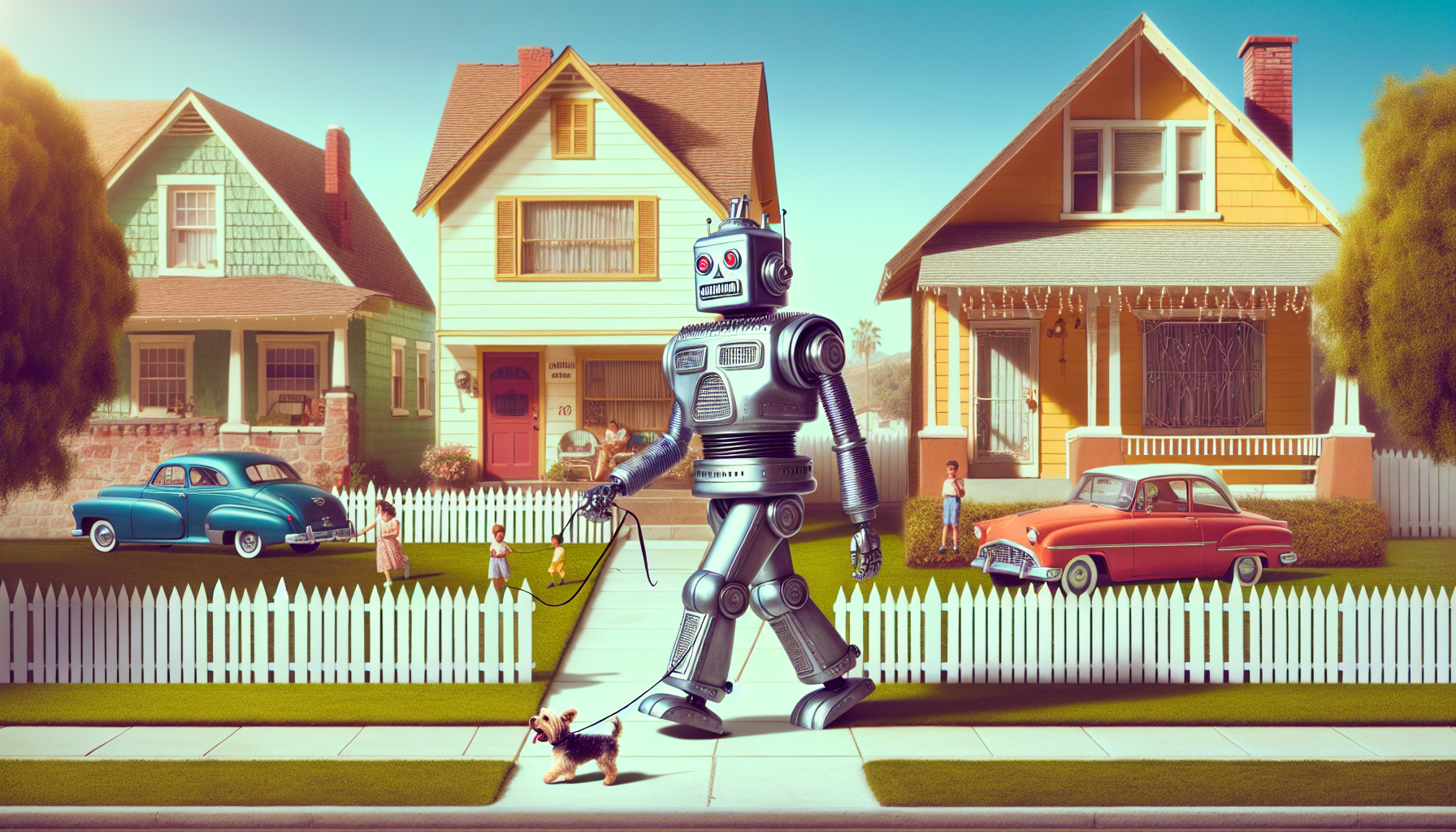AI's Impact on Cybersecurity and Business: Innovations from HubSpot, Google Cloud, and AI Experts
April 15, 2025

Agentic AI Vs. AI Agents: Shaping The Future Of Cybersecurity
Carlo Tortora Brayda, the executive chairman of the Tortora Brayda Institute, highlights the transformative impact of AI in cybersecurity. AI agents like ChatGPT and Gemini focus on task-specific roles such as threat detection and automated incident responses, while agentic AI exhibits more autonomy, akin to artificial general intelligence, enhancing cyber defenses by proactively engaging in threat assessments and resource allocation. Tortora Brayda predicts agentic AI will become central to cybersecurity by 2026, capable of negotiating ransomware, adapting to external threats, and uniting global efforts like the Cyber Eagle Project. While embracing AI's potential, Brayda emphasizes maintaining human intuition and ensuring privacy and transparency in AI partnerships. (Source)
Agentic AI is both boon and bane for security pros
Cybersecurity is facing a critical challenge with the rise of agentic AI, a powerful tool capable of rapidly generating code and identifying threats, yet prone to creating code with subtle flaws that can exacerbate security risks. According to Gartner, AI agents are predicted to halve the time needed to exploit accounts by 2027, with 40% of enterprises reporting AI-related security breaches in the past year. Notably, the 2022 Activision breach was initiated through AI-driven SMS phishing attacks. A 2025 report by Kela indicated a 200% increase in malicious AI tools over the previous year, highlighting the trend of cyber adversaries shifting from indiscriminate global malware attacks to more targeted and persistent intrusions. This strategic focus is facilitated by agentic AI, which efficiently identifies vulnerable endpoints for data theft, ransomware attacks, or social engineering campaigns, drastically reducing the time and expertise previously required for such operations. (Source)
HubSpot Announces 200+ Features At Spring Spotlight 2025
HubSpot has unveiled over 200 updates in its Spring 2025 Spotlight release, enhancing its platform with expanded AI capabilities aimed at improving collaboration across marketing, sales, and support teams. Key features include four new AI-powered Breeze Agents, which automate repetitive tasks and provide contextual assistance, and the introduction of AI Workspaces for sales, support, and success teams to streamline task management and reduce context switching. Significant upgrades to Marketing Hub Enterprise also support teams managing multiple brands or regions, with features like Lookalike Lists and Journey Automation. These enhancements aim to transform HubSpot into a unified go-to-market system, easing operational burdens and allowing businesses to quickly adopt AI-driven solutions, as highlighted by Andy Pitre, EVP of Product at HubSpot. The release positions HubSpot as a comprehensive platform for SMBs to enhance efficiency and collaboration without requiring large teams or budgets. (Source)
What are AI agents? Here's how they'll transform FP&A
AI agents are transforming finance functions by automating routine tasks and enabling FP&A teams to focus on strategic initiatives. OpenAI's Operator and Microsoft's Copilot Studio exemplify how AI agents can autonomously execute complex workflows, such as ordering meals within budget constraints and creating custom solutions. These agentic AI tools, built on large language models like GPT, differ from traditional AI by operating with minimal human input and adapting to real-time data. For finance professionals, this means less time on data prep and more on analysis and strategy, enhancing agility and accuracy in forecasting. Leaders like Rishi Grover from Vena emphasize that AI complements rather than replaces human roles, allowing finance teams to become proactive partners in business strategy. With AI agents' capabilities, companies can rapidly produce insights and streamline decision-making, positioning them as vital tools for the future of finance. (Source)
Google Cloud's Vertex And Models Advance Enterprise AI Agent Adoption
Google Cloud has announced significant AI advancements at Google Cloud Next 2025, focusing on enhancing the Vertex AI platform and the Gemini model family to enable enterprises to build, deploy, and manage AI applications more efficiently. The new updates include reasoning models that provide transparent, step-by-step thinking processes, addressing enterprises' need for explainable AI for compliance and governance. Google also launched new multiagent ecosystem capabilities with the Agent2Agent protocol, ADK, and other tools that allow seamless communication and integration across AI systems. Early adopters like Moody's, Box, and Renault Group report substantial benefits, such as improved accuracy and reduced processing times. These developments mark a shift towards practical enterprise adoption, aiming to overcome trust barriers and promote widespread deployment of AI agents within organizations. (Source)
